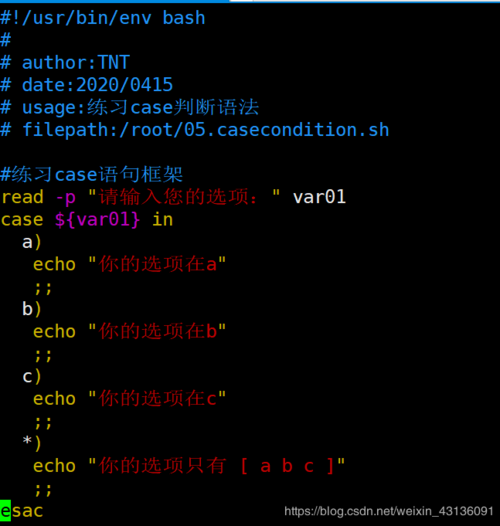```html
Programming is a dynamic field that requires constant adaptation and improvement to ensure efficiency and productivity. Whether you're a seasoned developer or just starting out, there are several key considerations and strategies to optimize your programming efficiency.
One of the most important factors influencing programming efficiency is the choice of tools and technologies. Consider the specific requirements of your project and select the appropriate programming languages, frameworks, libraries, and development environments. For example, if you're building a web application, you might choose JavaScript for frontend development and Node.js for serverside scripting.
Clean code is essential for maintaining and enhancing the efficiency of your programming projects. Follow best practices such as writing modular and reusable code, using meaningful variable names, and adhering to coding standards. Tools like linters and code formatters can help enforce clean code principles and identify potential issues early in the development process.
Automation can significantly streamline repetitive tasks and boost productivity in programming. Utilize automation tools for tasks such as building, testing, and deployment. Continuous integration and continuous delivery (CI/CD) pipelines can automate the process of integrating code changes and deploying applications, reducing manual effort and minimizing errors.
Effective time management is crucial for maximizing programming efficiency. Break down your tasks into smaller, manageable units and allocate time for each task accordingly. Consider using timetracking tools to monitor your progress and identify areas where you can improve efficiency. Additionally, take regular breaks to avoid burnout and maintain focus throughout your coding sessions.

The field of programming is constantly evolving, with new technologies and best practices emerging regularly. Stay updated with the latest developments by reading books, attending workshops, and participating in online courses and communities. Experiment with new tools and techniques to expand your skill set and improve your programming efficiency over time.
Collaboration and feedback are invaluable for enhancing programming efficiency. Work closely with teammates to leverage collective expertise and brainstorm solutions to challenges. Solicit feedback from peers and mentors to identify areas for improvement in your code and development process. Code reviews and pair programming can help uncover bugs and optimize code quality.
Approach programming with a growth mindset, recognizing that setbacks and challenges are opportunities for learning and growth. Embrace constructive criticism and view failures as stepping stones toward improvement. Cultivate a passion for continuous learning and strive to become a better programmer with each project you undertake.
By incorporating these key considerations and strategies into your programming practice, you can enhance your efficiency, productivity, and overall effectiveness as a programmer.